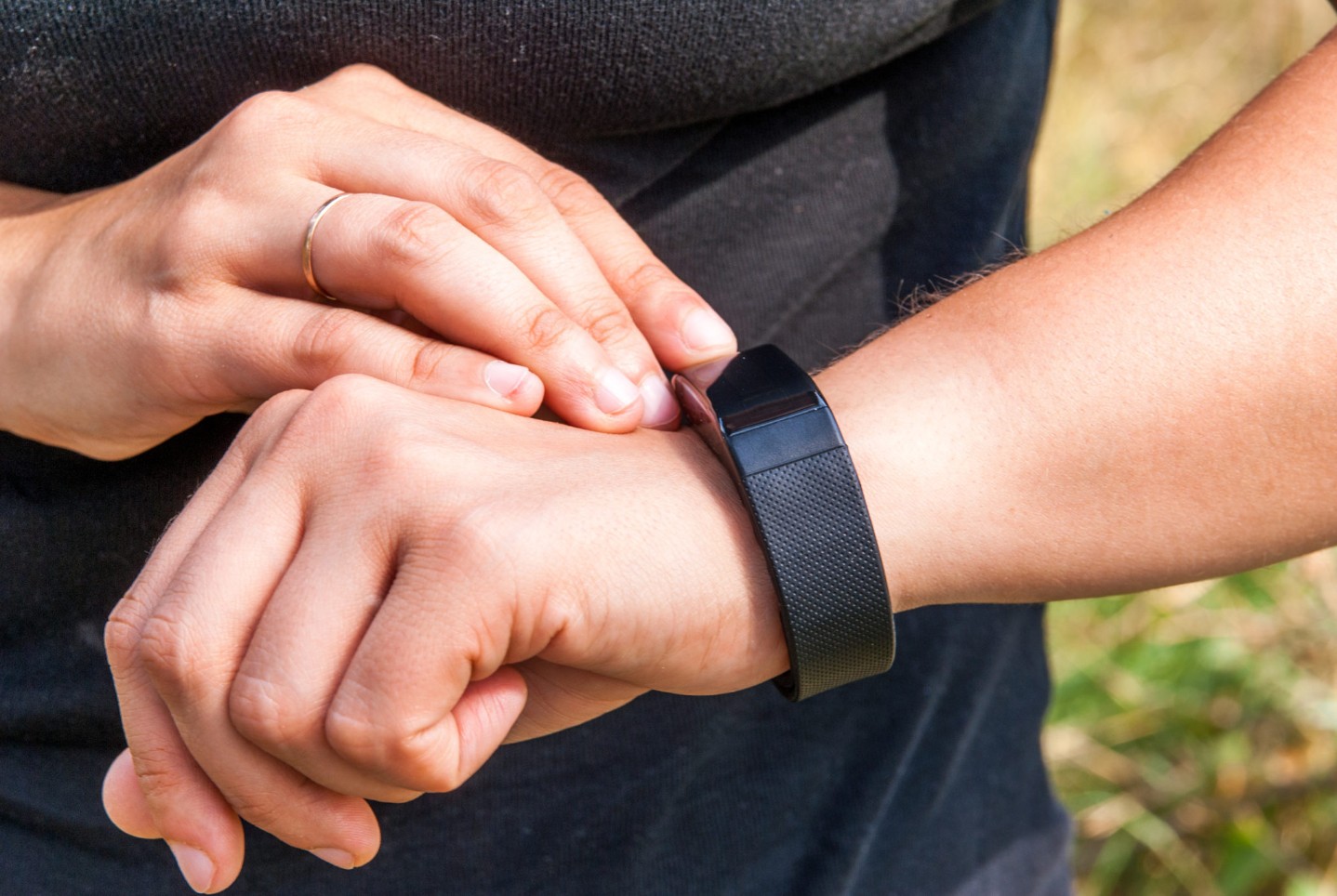Beyond the Chill: Understanding Raynaud's Phenomenon
JAN 29, 2026Raynaud's phenomenon is a rare disorder that affects the blood vessels, most commonly in the fingers and toes, but sometimes also in the nose, ears, or lips.
Read More
The rising popularity of the fitness tracker has people counting their steps. It’s a worthy pursuit. Researchers have found that walking 10,000 steps a day, or around five miles, can boost your health in significant ways.
Regular walking burns calories and inches off your waist and lowers blood pressure while reducing your risk of stroke, type II diabetes, dementia and more. Regular walkers also report improved mood, concentration and energy.
The trick is getting steps in – and lots of them. A mile is more than 2,000 steps, so 10,000 steps approach five miles in length. Can you do it in a day? It is possible if you’re paying attention to every opportunity to add up those strides.
Think of attaining 10,000 steps per as a marathon, not a sprint. Small walking breaks add up over the day. Taking a five-minute break every hour or two to go for a walk can not only help you reach your goal but also help you stay more focused and refreshed at work.
For some people, 10,000 steps are too much to start with and that is perfectly fine. Start with a number of steps you can do without too much of an increase in soreness the following day. Once you no longer get sore the following day, increase your steps until you reach 10,000.
Every step adds up, so don’t hesitate to take a walk and get the benefits of this simple way to exercise. Find a weight management program that works for you!

Raynaud's phenomenon is a rare disorder that affects the blood vessels, most commonly in the fingers and toes, but sometimes also in the nose, ears, or lips.
Read More
With advancements in minimally invasive surgical techniques and the steps we take to prepare patients for an operation, bariatric surgery is more safe and less invasive than ever before.
Read More
Winter brings beautiful snowy landscapes and cozy evenings, but the cold, dry air—indoors and out—can be harsh on our hands, leading to dryness, cracking, and even more serious issues like frostbite. Protecting your hands is crucial for comfort and s...
Read MoreWhen you need local health information from a trusted source, turn to the CHI Health Better You eNewsletter.